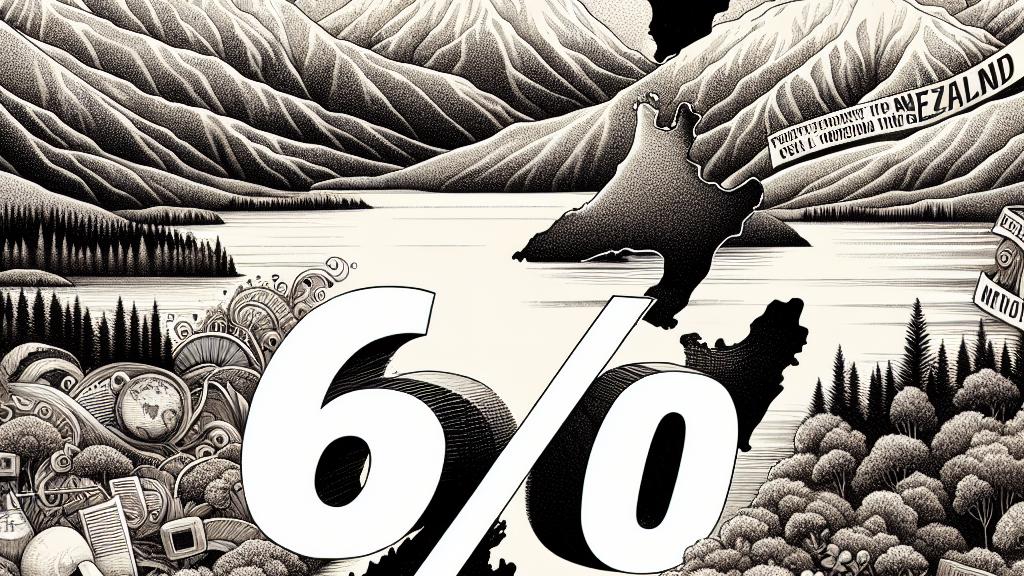Understanding News Avoidance in New Zealand: Insights from Recent Research
Overview
- An astonishing 60% of New Zealanders frequently avoid the news.
- Declining trust in media outlets accompanies shifting consumption patterns.
- Emotions and perceived biases significantly influence news avoidance behavior.

Unraveling the News Avoidance Phenomenon
In the stunningly picturesque nation of New Zealand, research has unveiled a staggering reality: 60% of the populace often opts to avoid news altogether. This statistic catapults New Zealand into the forefront of global news avoidance, outpacing countries like Greece and Bulgaria, which are also grappling with similar challenges. Dive into the details of a survey conducted in February 2023, and it becomes clear that while many Kiwis express a desire to remain informed, they increasingly find themselves overwhelmed by a barrage of negative and distressing headlines. The generous flow of information, rather than fostering understanding, has created an environment where individuals feel burdened, thereby raising urgent questions about the future of news media in a landscape where engagement and interest are taking a nosedive.
Digging into the Reasons Behind News Withdrawal
Peeling back the layers of this phenomenon reveals complex motivations for news avoidance. A noteworthy 32.7% of survey participants expressed that the often grim nature of news significantly impacts their mood, instilling feelings of anxiety and helplessness. Consider the immediate context—with recent catastrophic events like Cyclone Gabrielle looming large in public consciousness—it's not surprising that many choose to disengage. Furthermore, around 30.1% cited perceptions of bias as another critical factor, particularly among those identifying with more right-leaning political beliefs, reflecting a feeling that mainstream media does not accurately represent their perspectives. Young people, especially those between the ages of 18 and 24, voiced a compelling reason for avoidance: they simply feel they do not have enough time to keep up with the relentless news cycle. This variety in motivations across age groups emphasizes how distinct life stages influence engagement with media, consequently crafting a multifaceted portrait of news consumption in New Zealand.
Exploring the Implications for Society and Media Dynamics
Amid this landscape of avoidance, a surprising figure emerges: 78% of Kiwis voted in the most recent elections, indicating that civic engagement remains robust. This presents a paradox: while many choose to sidestep traditional news consumption, they actively participate in societal functions. Such behavior suggests that avoiding the news may serve as an important coping mechanism against stress, enabling individuals to remain mentally healthy. Yet, this growing tendency to rely on platforms like social media or blogs, which often lack journalistic rigor, poses significant threats to informed public discourse. As traditional media grapples with its relevance, it must adopt strategies that not only encourage trust but also foster public interest. By ensuring that diverse voices are represented and prioritizing accuracy over sensationalism, the media can revitalize its role in society and create a healthier relationship with news consumption in New Zealand.

Loading...